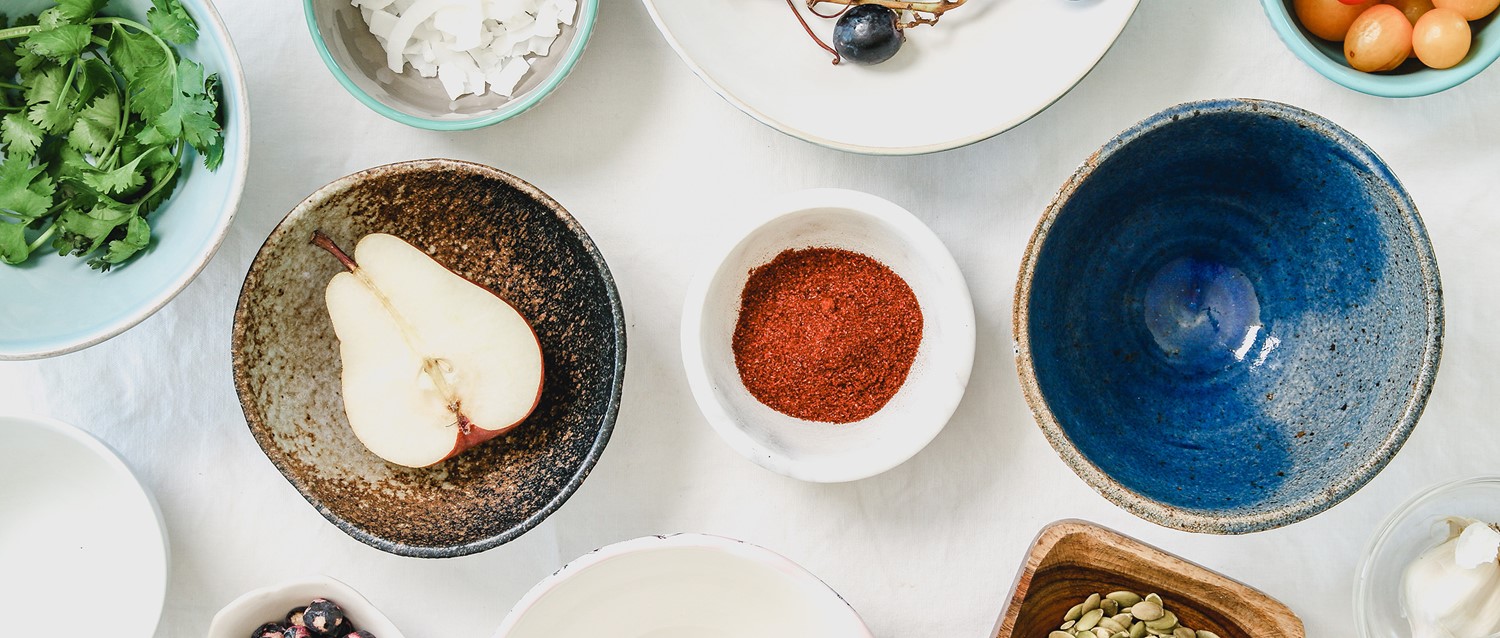
Breastfeeding: What is colostrum and what are the benefits?
Peer reviewed by Dr Krishna Vakharia, MRCGPAuthored by Lydia SmithOriginally published 20 Jul 2023
Meets Patient’s editorial guidelines
- DownloadDownload
- Share
- Language
- Discussion
- Audio Version
Expectant parents may have heard how good colostrum is for newborns - so much so that it has been nicknamed 'liquid gold'. Not only does it improve immunity and fight germs, this first breastmilk that you produce gives their tiny digestive systems a boost too. But what exactly is colostrum?
In this article:
Video picks for Feeding your baby
Colostrum is the first milk your breasts produce when you start breastfeeding - in the few days before your 'mature' breastmilk comes in - and it is full of protein, fats, carbohydrates, vitamins, nutrients and antibodies. This means your baby will get plenty of nutrition, even from the small amounts of colostrum that your baby is able to drink in a feed. It is often called liquid gold because it is a creamy yellow colour, but also because of its many health benefits.
Joanna Daniels, the breastfeeding and infant feeding engagement lead at the National Childbirth Trust, says: "Colostrum is very concentrated and full of vitamins and antibodies which help your baby grow and fight off infections. It also helps expel meconium - the black, sticky first poo that babies do."
Continue reading below
What are the benefits of colostrum?
Colostrum fights infection and boosts the immune system
Newborns need to boost their immune system as they become exposed to the outside world. Colostrum contains white blood cells which protect a newborn against infection, while helping to fight infection1. These cells produce antibodies, which are proteins that protect against bacteria or viruses.
Colostrum is also rich in an important antibody called IgA, which coats your baby’s gut and helps to build up the ‘good’ bacteria and protect against stomach bugs2.
Colostrum helps your baby pass meconium
As well as protecting against stomach upsets, colostrum helps your newborn do their first poo, which is called meconium. This helps your baby get rid of everything they ingested while in the womb and is a good sign that they have healthy, developing bowels.
Colostrum contains vitamins and minerals
The first milk you produce when breastfeeding is full of vitamins and minerals that help your baby grow and develop. What your colostrum contains depends on the nutrients you have in your own body - this is influenced by many things, including your diet, lifestyle, health and more.
However, colostrum is known to contain vitamin A, which is important for healthy eyes, skin, cell function, and immunity. It also contains magnesium, which supports your baby’s heart and bones. Zinc, which helps brain development, is also found in colostrum, as well as vitamin B12 - which supports the brain and produces red blood cells - and vitamin K3.
When do you start making colostrum?
Back to contentsYou may start producing colostrum when you are pregnant and it is normal to start leaking the yellow liquid before your due date. This isn’t necessarily a sign that you are about to go into labour.
Some women don’t experience any leaking in pregnancy, but this doesn’t mean you aren’t producing any colostrum - it may appear after your baby is born. Your body will produce colostrum until your mature breast milk comes in, which can take up to four days after the birth.
Continue reading below
Expressing colostrum
Back to contentsSome mums may choose to express colostrum before giving birth, so they have more to give their baby. Whether you choose to do this is entirely up to you. However, you should speak to your midwife or doctor first because you may be advised to avoid it if you are at risk of premature birth or if you are pregnant with twins.
You can also express colostrum to give to your baby if you’re formula feeding. You can start hand expressing for a few minutes once a day when you are 36 to 37 weeks pregnant.
It can be done by hand and collected in sterile containers or syringes which you can buy online. Your midwife can show you how to do it. You shouldn’t use a breast pump until after you’ve given birth.
Label the syringe or container with your name and the date and time you expressed the colostrum. Put the syringe or container in a clean re-sealable bag and place it in your freezer until you need it.
How much colostrum do babies need?
Back to contentsBecause colostrum is so thick and concentrated, newborns only need a tiny amount. “Babies only need about a teaspoonful (5ml) at each feed,” says Daniels. “To begin with babies might want to feed often, but may begin to have fewer, longer feeds after a few days once your breasts start to produce more mature milk.”
The more you breastfeed, the more your baby's sucking will stimulate your supply and the more milk you'll make.
If you are struggling with breastfeeding in any way, it’s important to speak to your midwife, your health visitor or your GP. The most important thing is that your baby is feeding and gaining weight, whether you are breastfeeding or formula feeding.
Continue reading below
Further reading
Back to contentsPatient picks for Feeding your baby

Children's health
What to eat when breastfeeding
When you're pregnant, chances are you'll be provided with bags of information about what to eat, which foods to avoid and the supplements to take. But sadly, all too often, that guidance dries up once you've given birth. So what are the best foods new mums should stock up on?
by Rose Constantine Smith, ANutr

Children's health
Babies with tongue-ties most likely don't require surgery
Newborn babies usually do not require surgery to help with breastfeeding problems, according to a US study.
by Ashwin Bhandari
Continue reading below
Article history
The information on this page is peer reviewed by qualified clinicians.
20 Jul 2023 | Originally published
Authored by:
Lydia SmithPeer reviewed by
Dr Krishna Vakharia, MRCGP

Ask, share, connect.
Browse discussions, ask questions, and share experiences across hundreds of health topics.

Feeling unwell?
Assess your symptoms online for free
Sign up to the Patient newsletter
Your weekly dose of clear, trustworthy health advice - written to help you feel informed, confident and in control.
By subscribing you accept our Privacy Policy. You can unsubscribe at any time. We never sell your data.